
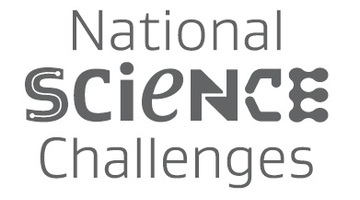
As New Zealanders looking to the future, we are faced with many opportunities – and challenges. These include improving the health of all our people, advancing our economic growth, protecting our ...
READ MORE

Riley and Steve Hathaway want to change the way young people think and act towards the ocean. Their vision is to “Inspire kids to enjoy and care for the world’s oceans”. Rights: The University of ...
READ MORE

Paul Andrew Mayewski’s professional profile lists him as a glaciologist, climate scientist and explorer. Paul has led more than 55 expeditions to some of the most remote places on Earth – busting ...
READ MORE

Do you think that the space industry is limited to astronauts and billionaires? If so, you need to think again! You can have so many careers in aerospace. If you look at what most astronauts do ...
READ MORE
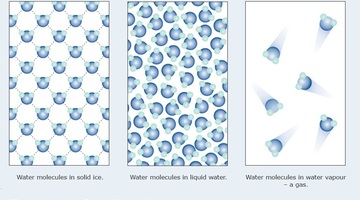
In this activity, students use water to explore its properties as a solid, liquid or gas. By the end of this activity, students should be able to: identify one or more characteristics of water in ...
READ MORE

Genetic modification has been used in Aotearoa New Zealand since the 1970s. It is used in research laboratories and in contained field tests, in some medicines and medical research and as part of ...
READ MORE

This citizen science project wants your assistance to extract information from various climate scientific graphics to help combat misinformation and support scientific communication. Using this ...
READ MORE
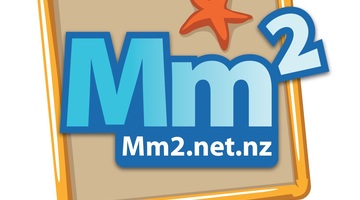
Marine Metre Squared is a New Zealand citizen science project that supports communities to monitor their local seashore. The project has been designed to provide meaningful, valid environmental ...
READ MORE
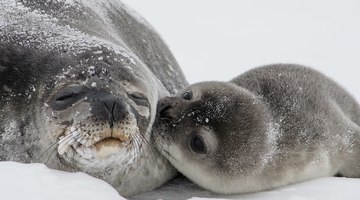
Weddell seals and orca are among the top predators in the Ross Sea region of Antarctica, and more than half of the Weddell seal population can be found in the Ross Sea. Information about changes ...
READ MORE
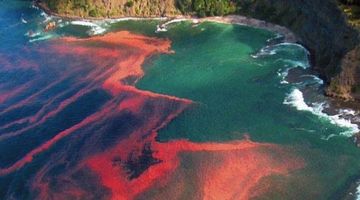
Seaweek is New Zealand’s annual national week about the sea. It is coordinated by the Sir Peter Blake Marine Education and Recreation Centre (MERC) and includes a wide range of events ...
READ MORE
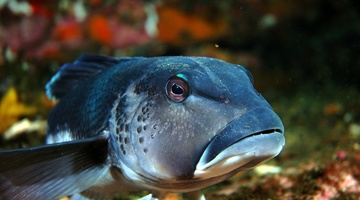
Do you need resources for Seaweek? Are you planning a science unit on the sea? In this online PD session recorded on 18 February 2016, PD provider and teacher Barb Ryan explores some of the ...
READ MORE
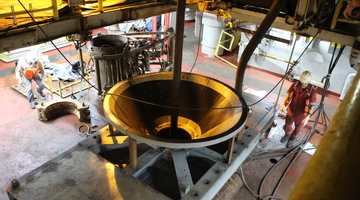
In this recorded professional learning session, Lyn Rogers and guest Aliki Weststrate from GNS Science explore some of the science involved in building our understandings of natural hazards ...
READ MORE
In this video, Dr Candida Savage, from the University of Otago, talks about how New Zealand’s pristine habitats are like ‘natural laboratories’. This is because they offer good opportunities to ...
READ MORE
In this video, Associate Professor Stephen Wing, from the University of Otago, talks about how our understanding of food webs has changed over the years. We now have a much better understanding ...
READ MORE
Gail Thomson, Associate Principal at Swanson School, and her students use resources from across the Hub to explore the effects of temperature and salinity on ocean currents and water density ...
READ MORE

Sea stars have many weird and wonderful adaptations including both sexual and asexual reproduction. Click on any of the labels in this interactive to view short video clips or images to learn ...
READ MORE

Sea stars have many weird and wonderful adaptations – including some unusual internal systems. Click on any of the labels in this interactive to view short video clips or images to learn more ...
READ MORE
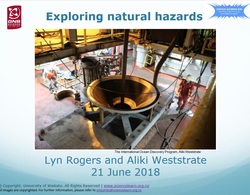
This is the slideshow that supports the Exploring natural hazards PLD webinar. Use the Slideshow menu for further options, including view full screen, and go here for the download option.
READ MORE